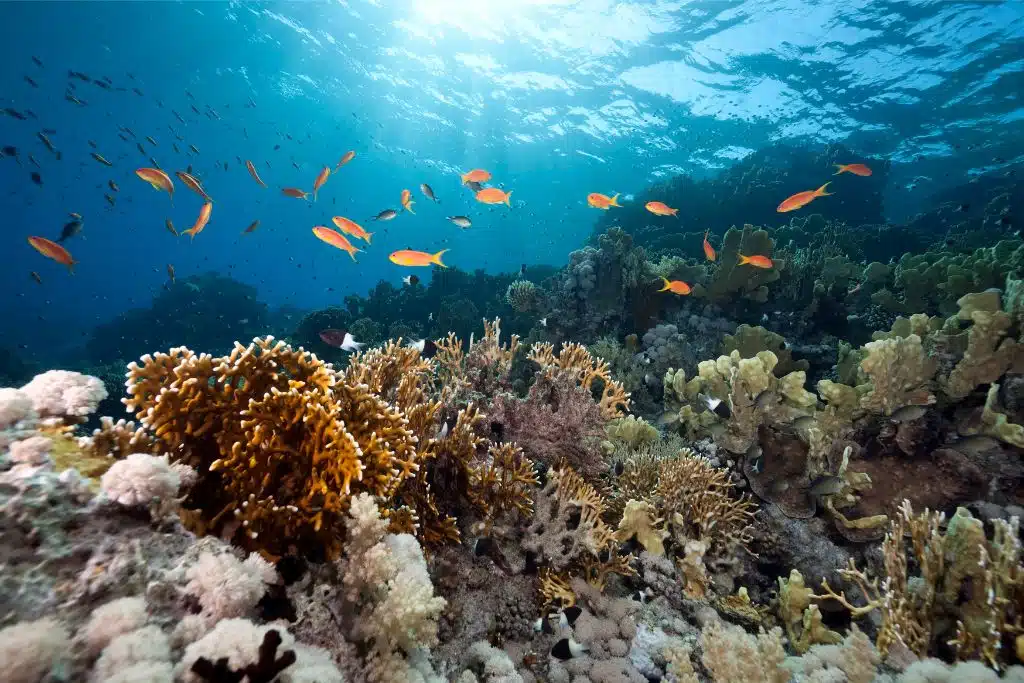A landmark treaty to protect marine biodiversity in international waters — the first of its kind — is set to enter into force in January 2026, after crossing the necessary ratification threshold, according to Earth.org.
Key Facts
-
The treaty, formally titled the Agreement under the United Nations Convention on the Law of the Sea on the Conservation and Sustainable Use of Marine Biological Diversity of Areas Beyond National Jurisdiction (known as the BBNJ Agreement), was adopted in 2022.
-
 Its goal is to conserve 30 % of the high seas by establishing Marine Protected Areas (MPAs) and regulating activities with environmental impacts.
Its goal is to conserve 30 % of the high seas by establishing Marine Protected Areas (MPAs) and regulating activities with environmental impacts. -
Until now, only about 1 % of the high seas were under protection.
-
To take effect, the treaty required at least 60 ratifications — a milestone reached when Sri Lanka, St. Vincent and the Grenadines, Sierra Leone, and Morocco joined the list of ratifying countries.
-
Once active, the first Conference of the Parties (COP) must convene within one year to begin implementing its provisions.
What the Treaty Enables
-
It allows for the designation of protected marine areas in international waters.
-
It requires environmental impact assessments for planned economic activities such as deep-sea mining.
-
It promotes equitable access and benefit-sharing of marine genetic resources, including technology transfer and capacity building for developing nations.
Challenges & Next Steps
-
The treaty’s success depends on national governments translating legal commitments into real protections.
-
Some major maritime nations have signed but not yet ratified the agreement.
-
The new COP must coordinate with existing ocean governance bodies — such as regional fisheries organizations and the International Seabed Authority — to ensure coherent implementation.
-
Observers warn that without strong enforcement, destructive practices like bottom trawling or unregulated mining could undermine the treaty’s objectives.
This historic step in ocean conservation and global cooperation marks a turning point for marine biodiversity protection — and offers new momentum for regional initiatives, including Lebanon’s efforts to establish a sustainable network of Marine Protected Areas.

